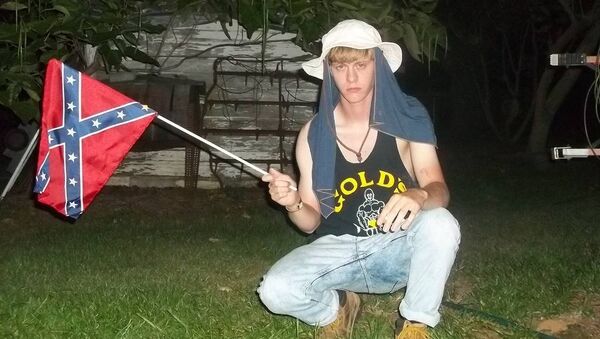Turns out, the two terms overlap to a large extent and oftentimes it's quite hard to tell hate crimes and terrorism apart, BradCast said.
"I think it's clear as mud. There are subjective motives for categorizing different crimes in different ways," Rowley said during the radio show, adding that a lot of subjective judgment is applied when charging those involved in terrorism and hate crimes.
What distinguishes the two is intent, Rowley said.
"If you murder somebody what's the difference between murdering them and hating them at the same time and just plain murdering them. And so there was a lot of discussion that the difference is only the intent."
Last week, Rowly discussed the term "terrorism" that is uniquely set for Muslims and people of Middle Eastern origin. In the aftermath of a crime, perpetrators with an Arab or Muslim background are more likely to be labelled as terrorists than White people. The former group is associated with "the global war on terrorism," meanwhile the latter is said to have mental illness or experience social isolation.


